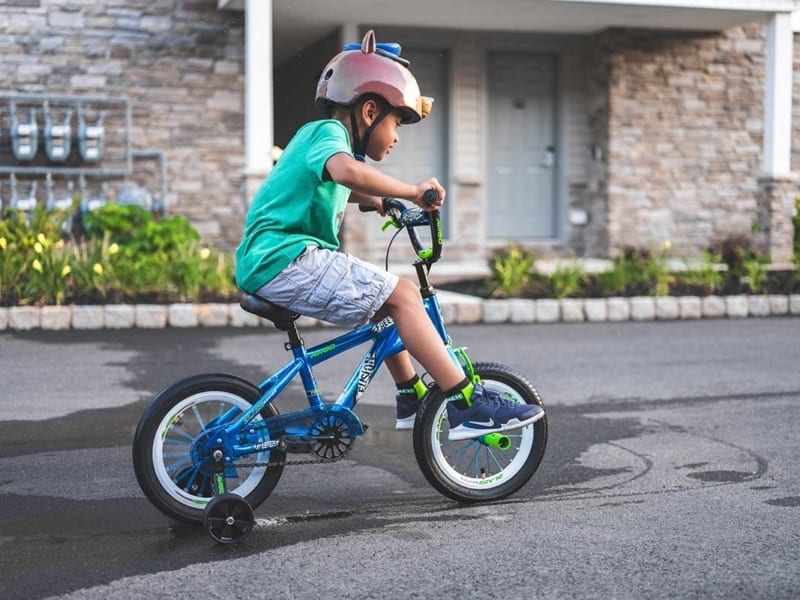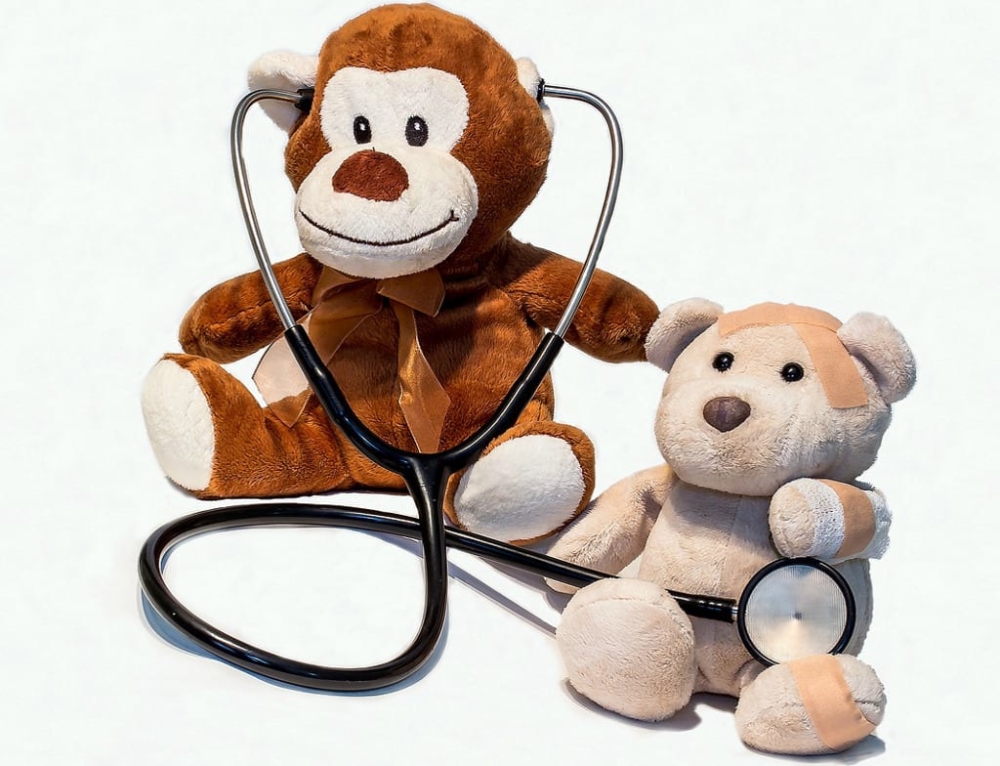Head injuries can range from minor bruises and nose bleeds through to life threatening head and neck injuries.
If you suspect a head injury, you should contact a qualified physician immediately. It can be difficult to determine exactly how serious a head injury is so you are best to get all injuries assessed by a doctor.
While you are waiting for medical help, you can follow the below injury management tips:
- Nose bleed – Sit forward and pinch nose. Seek help if not stopped after 30 minutes.
- Any eye injury – if eye/s are sore, bleeding or there is blurred vision, cover both eyes and seek medical help immediately.
- Mouth injury – if a tooth is lost or loose, rinse lost tooth, don’t rub it, and place in milk or water, transport patient to dentist ASAP.
- Broken nose – if there is pain, swelling or deformity of the nose, administer RICER and seek medical help.
- Broken or dislocated jaw – if there is pain, swelling and deformity administer RICER, seek medical help. Encourage the injured person to support their jaw in their hands.
- Head injury – if the person has received a head knock, is unconscious or confused, stop the activity and make the patient safe. Seek medical help. Call an ambulance
- Neck injury – if there is neck pain or a loss of feeling, stop the activity and do not move the patient. Make them safe and call an ambulance.
What is RICER?
Rest, Ice, Compression, Elevation and Referral – these are essential elements for a quick recovery from injury.
Rest
Rest reduces further damage. Avoid as much movement as possible to limit further injury. Don’t put any weight on the injured part of the body.
Ice
Apply a cold pack to the injury for 20 minutes every 2 hours. Continue this treatment for the first 48 -72 hours. Ice cools the tissue and can reduce pain, swelling and bleeding. Place the cold pack wrapped in a towel onto the injured area. Do not apply ice or cold packs directly to the skin. Extra care must be taken with people sensitive to cold (such as children) or with circulatory problems.
Compression
Where practical, apply a compression bandage, covering the injured area as well as the areas above and below. Compression can help to reduce bleeding and swelling. Check the bandage is not too tight.
Elevation
Where possible, elevate the injured area to stop bleeding and swelling. You may want to place the injured area on a pillow for comfort and support.
Referral
Refer the injured person to a qualified professional such as a doctor or physiotherapist for precise diagnosis, ongoing care and treatment. A full recovery is then more likely.
Content provided by Elastoplast







This was a good read, particularly about RICER. I had heard of RICE but not the referral part. Things change over time in how best we should care for people, and it is articles like this that helps keep people like me up to date with best practice information! I need to add an instant cold pack to my first aid kit!!
RICER is an acronym I find hard to remember by heart but so essential when dealing with head injuries! Thankfully our kids have only ever had very minor bumps etc. to the head so I am yet to deal with a major situation but hopefully if the time does come, I will remember to follow these procedures to the best of my ability.
This is a good article and reminder. Sometimes parents panic first, so it’s always a good idea to keep calm and know what to do and apply first aid first and know when it is something serious.
Our children have not had any bumps to the head yet but this is such a great article and very informative in knowing what to do in these situations.
You have to be so careful with head injuries, they are so complicated, a small bang to the head can have life changing consequences if the impact is enough. I had a head injury when I was a teenager that I wasnt supposed to survive, and I have very little ongoing effects from it. They can be so variable.
Great read. I have never heard of RICER before now. Definitely a good one to keep in my mind. My daughter had a knock to the head and was seeing pokadots on her legs that weren’t there etc. Teachers put her in sick bay and we ended up having a long night in hospital with concussion and vomiting which came with it. You have to be so careful with their little heads that nothing is not majorly wrong with them.
Love this advice when my oldest child was 11 months old he fell down some steps in our old house and fell asleep so we had to get an ambulance and wait in hospital for a few hours so he could be cleared. Accidents can happen all the time.
Very good advice and definitely some things to remember, i however do forget the RICER thing in the heat of the moment…but so important to things in order to prevent further damage…thanks for the tips…will go up on the fridge…
Great advice! I’m always really careful with knocks to the head for anyone. My son when he was about 16 months knocked out both of his front teeth and had a bit of a head injury along with it 😞. Wasn’t nice but straight to the emergency room of our daughter knocks her head I’m always a bit overboard with ensuring she is ok, but rather be safe than sorry!